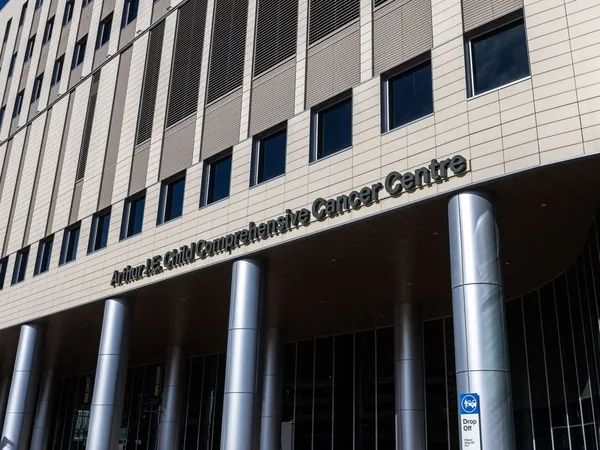
Groundbreaking Discovery: Cancer-like Mutations in Healthy Women Could Reveal Breast Cancer Origins!
2024-11-20
Author: Noah
Groundbreaking Discovery: Cancer-like Mutations in Healthy Women Could Reveal Breast Cancer Origins!
In an eye-opening study, researchers from prestigious institutions including the University of British Columbia (UBC), BC Cancer, Harvard Medical School, and Memorial Sloan Kettering Cancer Center (MSK) have uncovered potentially significant insights into the early genetic origins of breast cancer. Their investigation reveals that healthy women harbor cells with cancer-like mutations, raising crucial questions about the onset of this prevalent disease.
The research, published in Nature Genetics, involved an extensive analysis of over 48,000 breast cells from women without any cancer diagnosis. Utilizing cutting-edge single-cell gene sequencing techniques pioneered by UBC and BC Cancer, the study found that while most breast cells appeared normal, about 3% of the women contained some breast cells with genetic changes commonly associated with cancer development.
Dr. Samuel Aparicio, the lead senior author of the study and a noted expert in molecular oncology, expressed his astonishment: "It’s striking to see cancer-like mutations happening silently and at low levels in the cells of perfectly healthy women. While these changes are harmless on their own, they could represent the foundational elements that lead to breast cancer."
The mutations identified, known as copy number alterations, involve significant duplications or losses of DNA segments. Although the body’s natural DNA repair mechanisms usually correct these anomalies, failures in this system could result in the accumulation of mutations over time, significantly increasing the risk of developing cancer.
The researchers focused on understanding how prevalent these mutations are in healthy tissue. By examining tens of thousands of individual breast cells from 28 women and employing an advanced sequencing technology called DLP+, they provided a new perspective on breast cancer's biological origins.
Findings revealed that these genetic alterations were predominantly located in luminal cells—the same cells believed to be the source of most breast cancers. Dr. Joan Brugge, a co-senior author, highlighted the implications: "The accumulation of these alterations specifically in luminal cells supports the idea that they may predispose these cells to breast cancer development."
Interestingly, while the majority of mutated cells had only one or two alterations, some women with high-risk genetic variants of BRCA1 and BRCA2 displayed extreme cases with six or more mutations. These cells may signify a more advanced stage in the sequence leading to cancer, hinting at a potential progression pathway that could inform future cancer risk assessments.
Using sophisticated computational techniques, the researchers were able to analyze these rare mutations, which traditional methods might overlook. Dr. Sohrab Shah noted, "Our methods enabled us to gain a comprehensive view of copy number alterations at the single-cell level, offering insights into a process that remains poorly understood."
This study not only sheds light on breast cancer's early developmental stages but also prompts essential questions about mutation accumulation, the time scale of cancer development, and why these mutations specifically occur in luminal cells. It encourages exploration into copy number alterations in other organs, potentially revealing mechanisms behind different types of cancer and their risk factors.
The research signifies a valuable advancement in our understanding of cancer risk and emphasizes the urgent need for continued inquiry into these early mutations. As Dr. Aparicio concluded, “Unraveling the complexities of these mutations could enhance how we detect and manage cancer, particularly in individuals at high risk.”
This pivotal research opens a new chapter in the battle against breast cancer, presenting opportunities for early detection and more effective preventative strategies. Stay tuned for more groundbreaking findings in the field of cancer research!









 Brasil (PT)
Brasil (PT)
 Canada (EN)
Canada (EN)
 Chile (ES)
Chile (ES)
 España (ES)
España (ES)
 France (FR)
France (FR)
 Hong Kong (EN)
Hong Kong (EN)
 Italia (IT)
Italia (IT)
 日本 (JA)
日本 (JA)
 Magyarország (HU)
Magyarország (HU)
 Norge (NO)
Norge (NO)
 Polska (PL)
Polska (PL)
 Schweiz (DE)
Schweiz (DE)
 Singapore (EN)
Singapore (EN)
 Sverige (SV)
Sverige (SV)
 Suomi (FI)
Suomi (FI)
 Türkiye (TR)
Türkiye (TR)